David Serrano, Director of IMDEA Energy and Professor at the URJC receives a prestigious ERC Advanced Grant
The call for ‘Advanced Grants 2020’ of the European Research Council (ERC) funds with 507 million euros a total of 209 scientific projects to be developed in Europe, of which eleven will be carried out in Spain. Landing in our country a total of 26.5 million euros with a view to supporting ‘pioneering, high-risk and high-potential’ programmes to be carried out over the next five years.
One of them, the project of the director of Institute IMDEA Energy and professor at the URJC, David Serrano, has received one of the prestigious ERC Advanced Grant. A grant of €2.4M to realise the TODENZE project, an ambitious research programme aimed at the development of dendritic zeolites (Opening the pathway towards dentritic zeolites), which has aroused the ERC’s particular interest. This grant recognises the disruptive nature of the research project and the excellent scientific trajectory and leadership capacity of David Serrano, being one of those selected from among 2,678 proposals, being part of the 8% of the applications that have been funded.
David Serrano, professor of Chemical Engineering at the URJC, has focused on materials with nano-dendritic structures that have aroused special interest in the scientific community over the last decade due to their extraordinary properties, as well as on zeolites, microporous crystalline materials of great relevance and with important industrial applications in a wide range of fields (oil refining, petrochemistry, fine chemistry, treatment of contaminated effluents, etc.). And although conventional zeolites have important restrictions due to their small pore size that limit the accessibility of bulky species, the possibility of achieving their synthesis with dendritic superstructures would greatly expand their potential applications with multiple uses.
In this context, TODENZE is an ambitious project given its enormous potential in terms of scientific, technological and industrial impact, serving as a basis for the design of new materials with multifunctional properties. It addresses objectives that would provide significant benefits in strategic areas such as the environment, sustainable energy, the circular economy and medicine. In particular, the dendritic zeolites to be developed in this project will be explored in two applications of great interest and very different fields: formulation of catalysts in complex reaction systems for obtaining advanced biofuels and as nanocarriers for the combination of gene and drug therapies. Professor Serrano’s project is positioned as a hope and, above all, as part of the forefront of European research.



